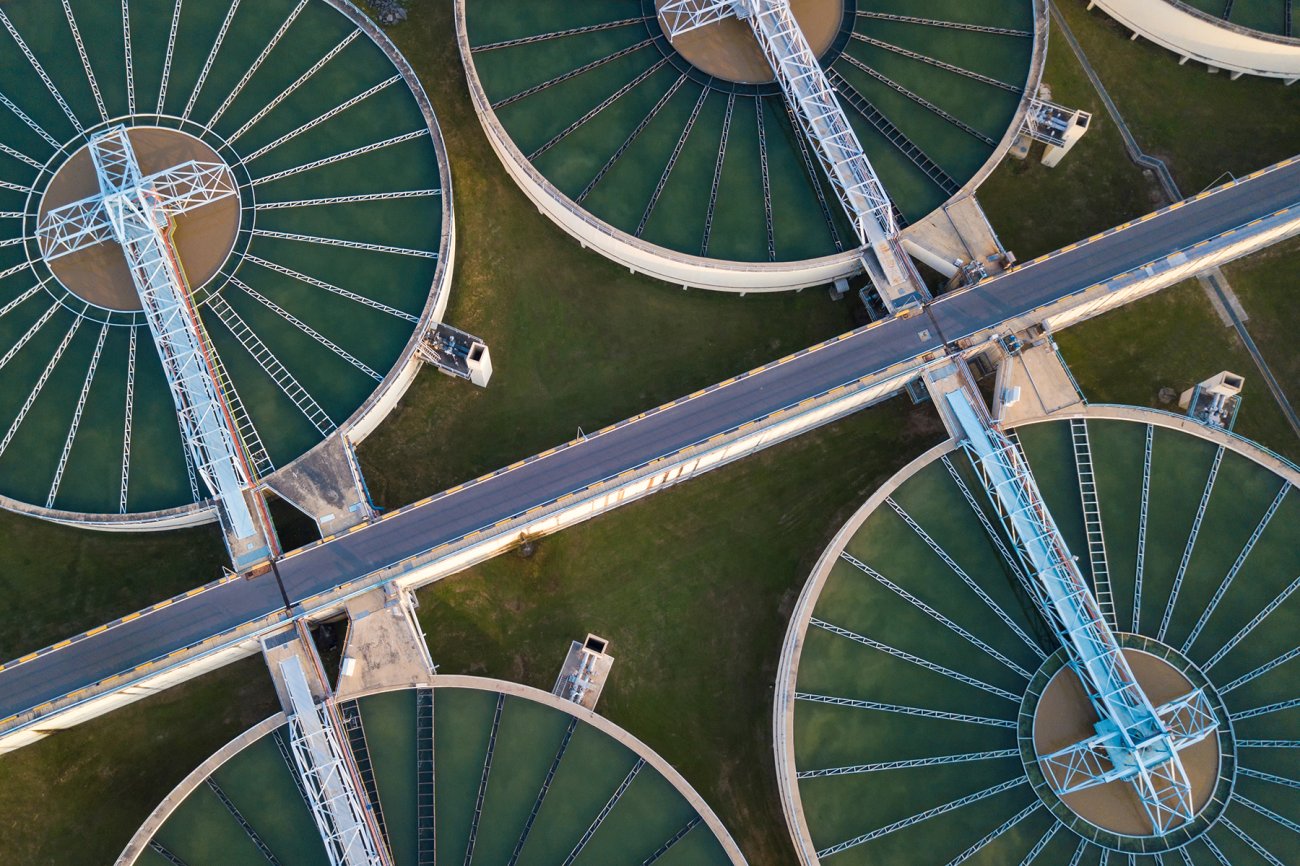Some Known Details About Reclaim Waste
Some Known Details About Reclaim Waste
Blog Article
Top Guidelines Of Reclaim Waste
Table of ContentsGetting The Reclaim Waste To WorkThings about Reclaim WasteThe Definitive Guide to Reclaim WasteReclaim Waste - An OverviewHow Reclaim Waste can Save You Time, Stress, and Money.
Through proper liquid waste administration, firms can decrease energy-intensive therapy procedures and disposal costs. By complying with a system for handling fluid waste, firms can avoid expensive fines and charges and stay clear of unfavorable promotion.(https://www.openstreetmap.org/user/reclaimwaste1)Collect depictive samples from numerous factors within the waste stream to guarantee accuracy. Liquid waste, specifically dangerous ones, presents significant risks during this action.

Disinfection (e.g., chlorination, ultraviolet light, ozonation) and nutrient elimination (e.g., denitrification and phosphorus removal) are advised under rigorous policies. Various firms broke several fluid waste disposal laws in recent years.
The Definitive Guide for Reclaim Waste

are utilized by sectors that generate huge volumes of low-toxicity liquid waste. Shallow basins have liquid waste that is enabled to vaporize via all-natural processes. The residue left can be taken care of in garbage dumps. involves burning liquid waste at high temperature levels and converting it right into gas and ash. This sort of disposal goes through stringent ecological laws as a result of potentially unsafe discharges.
The findings ought to be documented, examined, and kept not just for entry to regulative authorities however also for making renovations in the future. Share info with relevant stakeholders (e.g., employees, regulative federal government agencies, and nearby neighborhoods) to preserve transparency and responsibility.
Understanding these can aid them effectively handle their operations and decrease their ecological impact. Business that can not invest in facilities need to consider teaming up with the public industry for much better services.
The 5-Minute Rule for Reclaim Waste
By executing detailed management systems that include therapy and recycling methods, normal tracking, risk analyses, and adherence to neighborhood and government regulations, commercial centers can add to the defense of groundwater materials, guaranteeing their accessibility for future generations (liquid waste disposal). Let's delve right into the relevance of effective fluid waste monitoring in the commercial sector, focusing on its effects for protecting groundwater resources
The air pollution of groundwater sources due to improper liquid waste management in the commercial field has significant repercussions for human health, farming, and the setting all at once. A few of the prospective influences triggered by such contamination include: Polluted Alcohol consumption Water Products: As groundwater supplies a significant part of our drinking water, pollution from commercial activities can bring about hazardous chemicals and microbes entering our water supply, positioning wellness dangers for people.
Lowered Agricultural Performance: Farming relies greatly on groundwater for irrigation; for that reason, contaminated water can hinder plant returns, pollute farming items, and affect food safety and security. Given the value of maintaining groundwater sources, it is vital for services to take a proactive position in managing their fluid waste sensibly and stopping pollution.
Not known Details About Reclaim Waste
Fluid waste can infect land and contaminate waters. Under the Security of the Setting Procedures Act 1997, companies that generate fluid waste are needed to handle it in a method that shields the environment and the community. Information regarding dealing with and keeping liquid waste, replying to spills and reducing fluid waste is readily available in the following reality sheets and advice:.
The duty of waste monitoring experts in protecting this valuable resource can not be overstated. Polluted water and contaminated effluent monitoring: Guaranteeing visit their website that hazardous liquids are securely eliminated and dealt with before they can hurt our water sources.
Thus, integrating lasting liquid waste administration into financial planning boosts financial stability and shields the setting, demonstrating the worth of this strategy. In final thought, taking on specialist liquid waste monitoring methods is critical for making sure a lasting future, safeguarding our setting and protecting the well-being of future generations.
When it involves taking care of waste, adhering to proper procedures is important for a plethora of reasons. Proper waste disposal is not just concerning sanitation; it has to do with making sure the wellness of our environment, health and wellness, and the efficient use sources. Understanding the value of efficient waste monitoring can aid us all add to a much healthier, cleaner earth.
The Basic Principles Of Reclaim Waste
Efficient waste management assists keep tidy roads and public rooms, decreasing the visual effect of clutter and guaranteeing that waste does not hurt wildlife. When waste is not disposed of effectively, it can result in contamination, where hazardous materials can leach into the soil, water supply, and the air, producing long-term environmental troubles.
Report this page